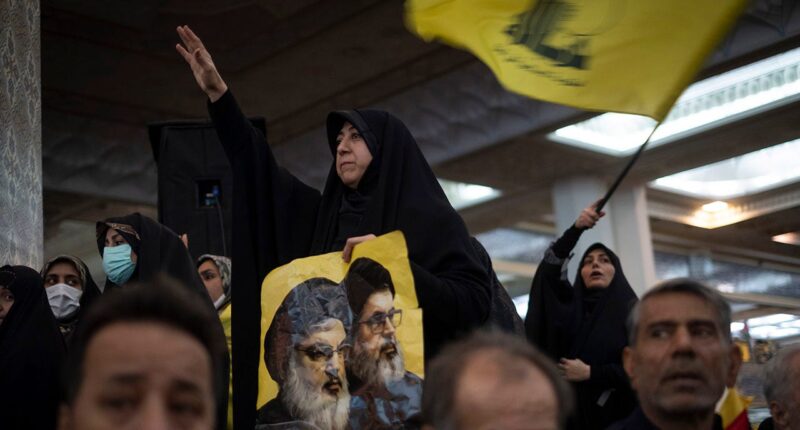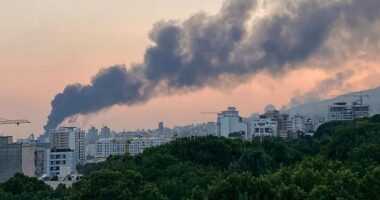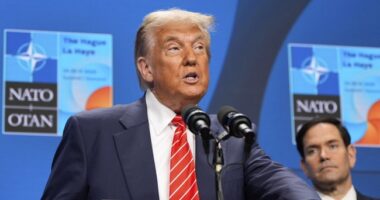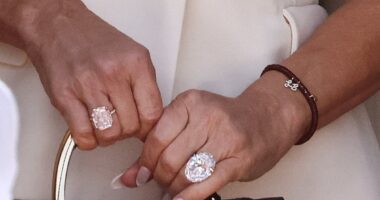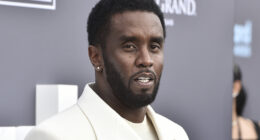Israel recently dealt a heavy blow to the leadership of Hezbollah, which has the support of the Trump administration. The U.S. has made it clear that it aims to reduce the influence and power of this Iranian terror proxy. This has set off a wave of change in Beirut.
Following Hezbollah’s defeat by Israel, Rami Naim, a journalist and analyst for Jusoor News focusing on Lebanon affairs, feels it is now possible to discuss peace with Israel openly. Naim shares, “I used to face persecution and imprisonment for advocating peace with Israel. Today, I speak without fear. We seek normalization and peace with Israel.” Naim was targeted by Hezbollah for his pro-peace stance last year.
The diminishing strength of Hezbollah, Iran’s proxy, and the election of Joseph Aoun as Lebanon’s president in January 2025, mark a significant shift in the country’s political landscape. Aoun’s victory, after a prolonged political stalemate, is viewed as a win for those opposing Hezbollah. It has also made the idea of peace with Israel more acceptable to the public.
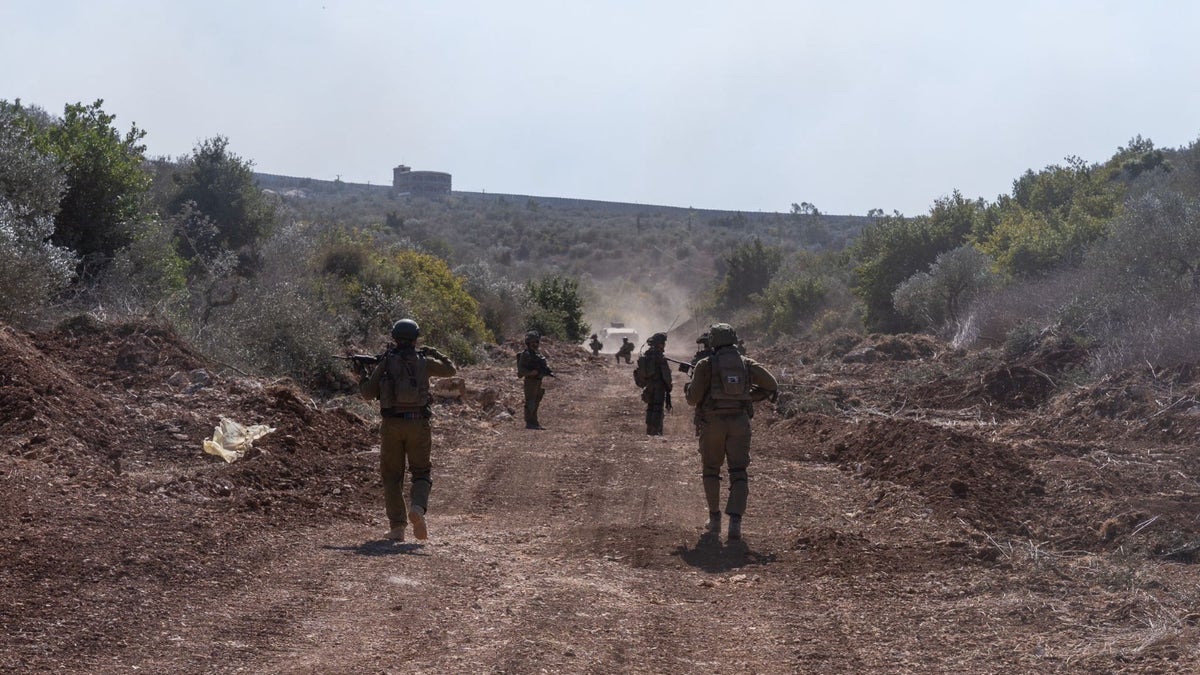
The IDF says its “soldiers are continuing to conduct limited, localized, targeted raids in southern Lebanon, eliminating Hezbollah terrorists and dismantling terror infrastructure and weapons stockpiles both above and below ground.” (IDF Spokesman’s Unit)
Naim’s call for international intervention underscores the continued importance of U.S. influence in Lebanon’s political direction. “We have suffered under the Biden and Obama administrations, as well as those who have made compromises and deals with Iran behind our backs, disregarding our interests,” Naim said.
“During Trump’s first term, there was significant pressure on Iran, which had posed aggression in the region. However, when Trump left the White House, Iran rebuilt its capabilities and grew stronger. Now, we have big hopes for Trump’s second term. His return to the White House would change the equation. What makes us optimistic about Trump is that he fulfills his promises and conducts negotiations from a position of strength, not weakness.”
While there is growing support for peace with Israel, the issue of Palestinian refugees in Lebanon remains a significant hurdle. One man interviewed by Jussor News pointed out, “I believe the whole region is heading toward peace. But we have our demands – you can’t have 500,000 Palestinians living here, then the Israelis come make peace and normalization, and leave them all here with us.”
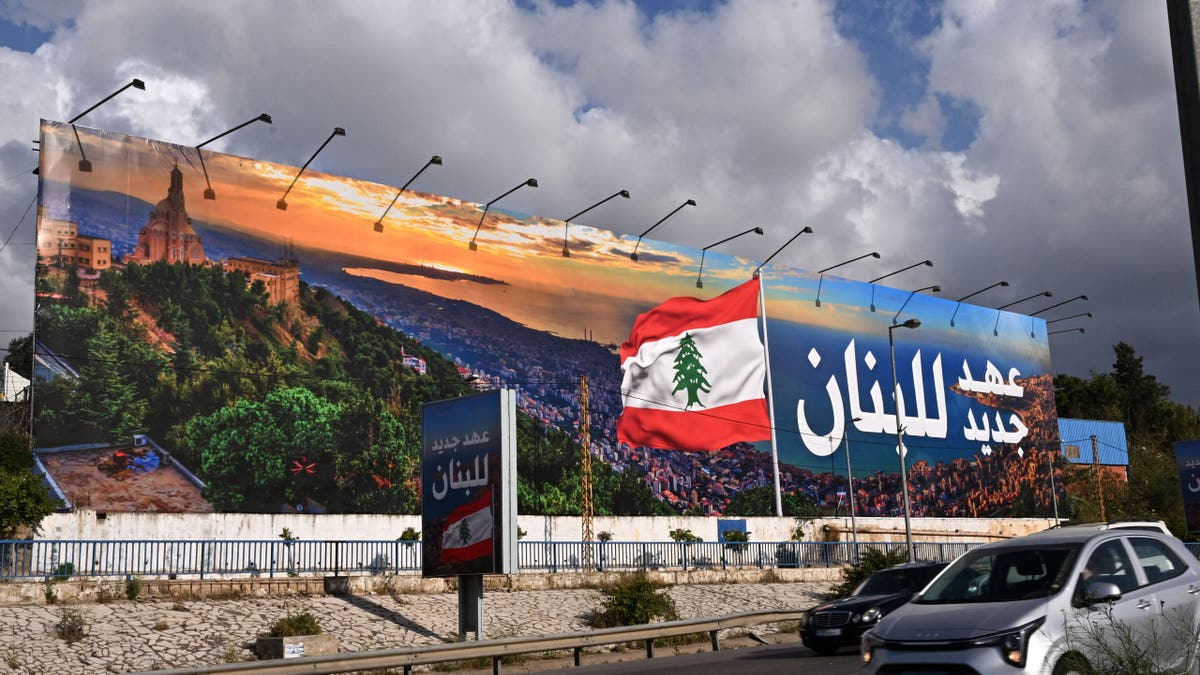
Commuters drive past a newly-installed billboard bearing the image of a Lebanese flag and a statement that reads in Arabic “Lebanon a new era,” on the road leading to Beirut’s Rafic Hariri International airport on April 10, 2025. (Joseph Eid/AFP via Getty Images)
Another woman told Jussor: “We are for peace in Lebanon. Not fighting other people’s wars which are not in Lebanon’s interests. Neutrality, as our patriarch said: enough already. We shouldn’t be looking for excuses or saying, ‘We want to liberate Palestine’ while we keep destroying Lebanon. The Palestinians told us, ‘Relax, we don’t need anything from you.’”
“The Lebanese people are divided, but not into two equal parts,” said Naim. “The majority of the Lebanese people today are supportive of normalization and peace with Israel. This is no longer a taboo in Lebanon. Lebanese citizens can say today, ‘I am supportive of peace and normalization because I have suffered from these failed wars. The Israelis want peace, and we want peace. We want to live in peace. So it’s a win-win situation.’”
